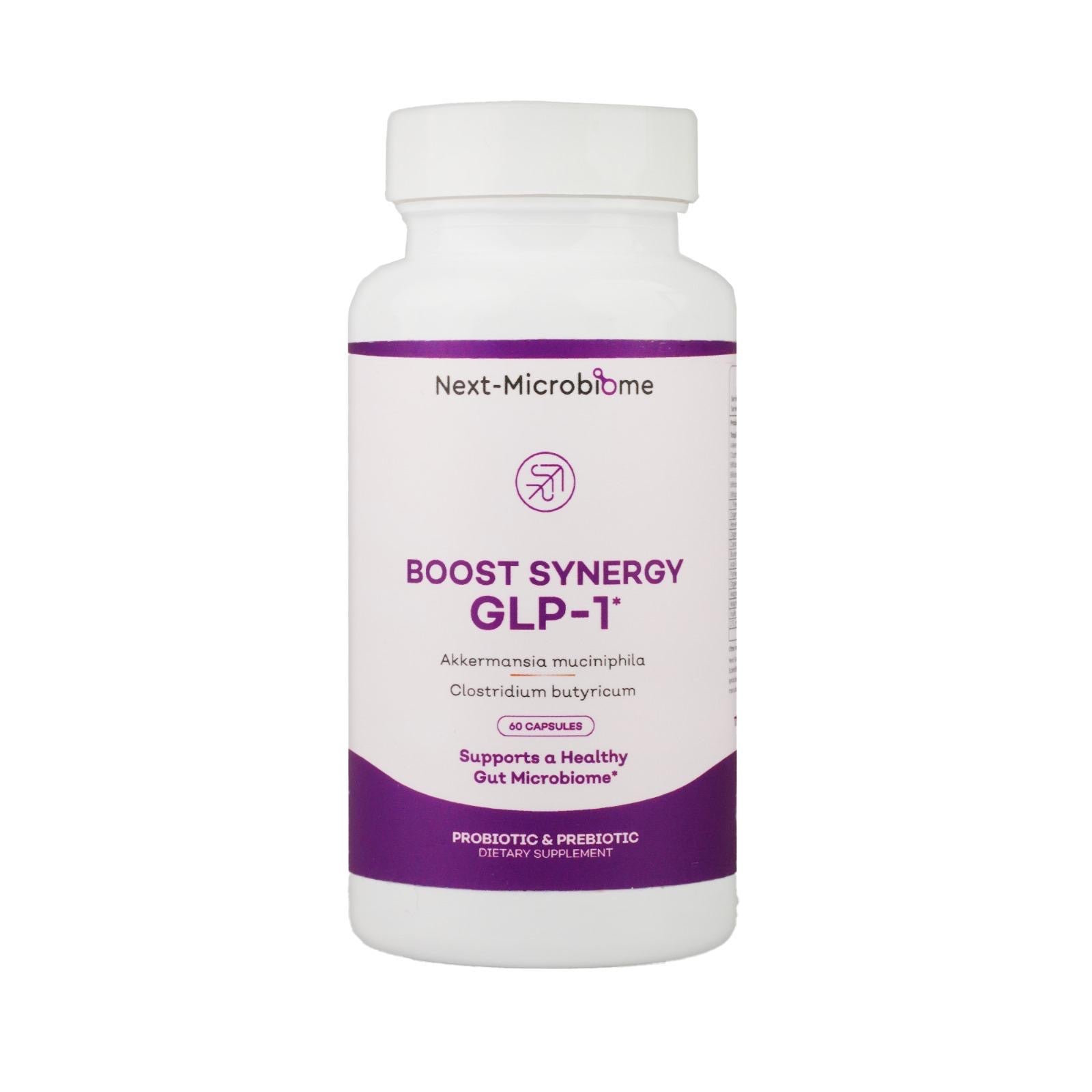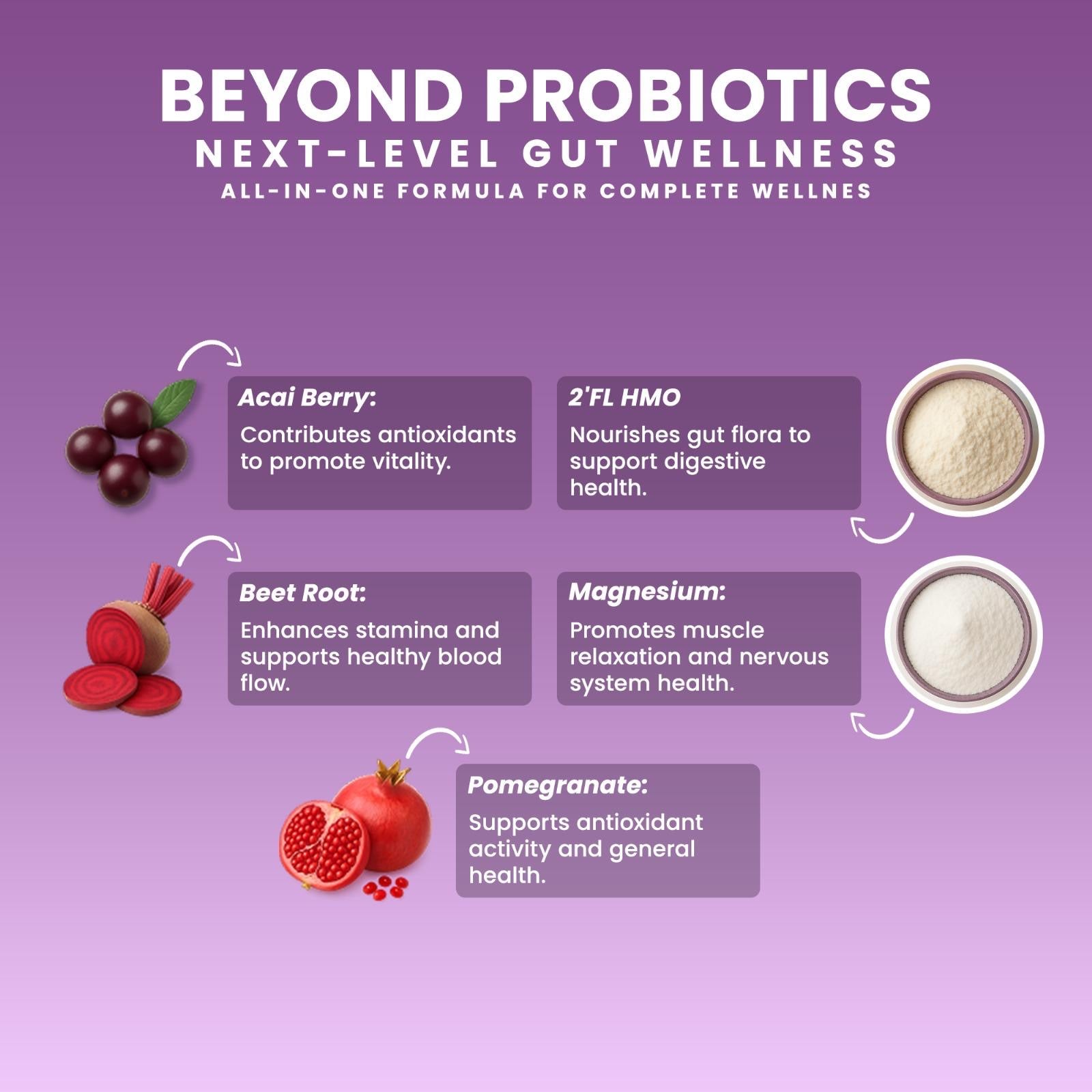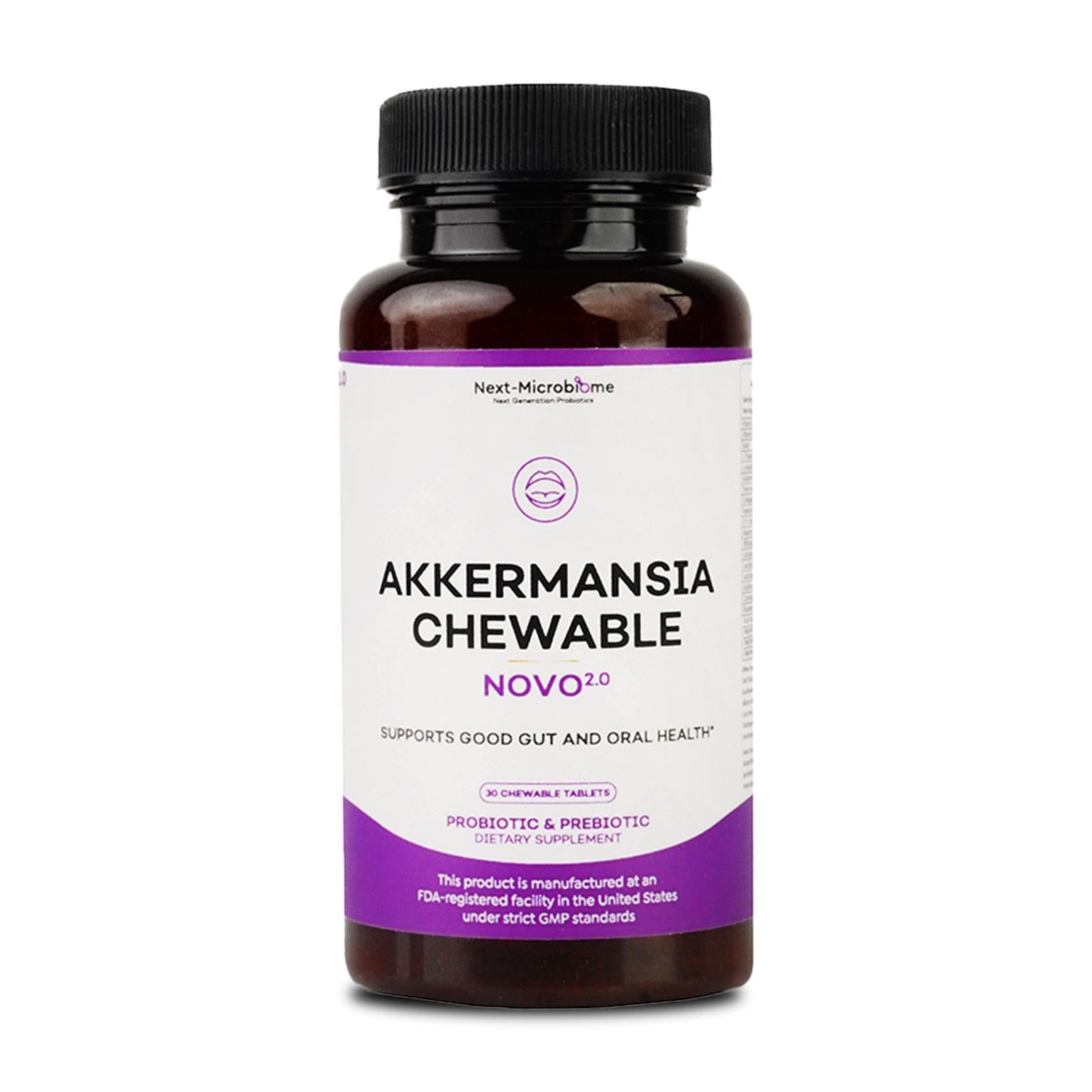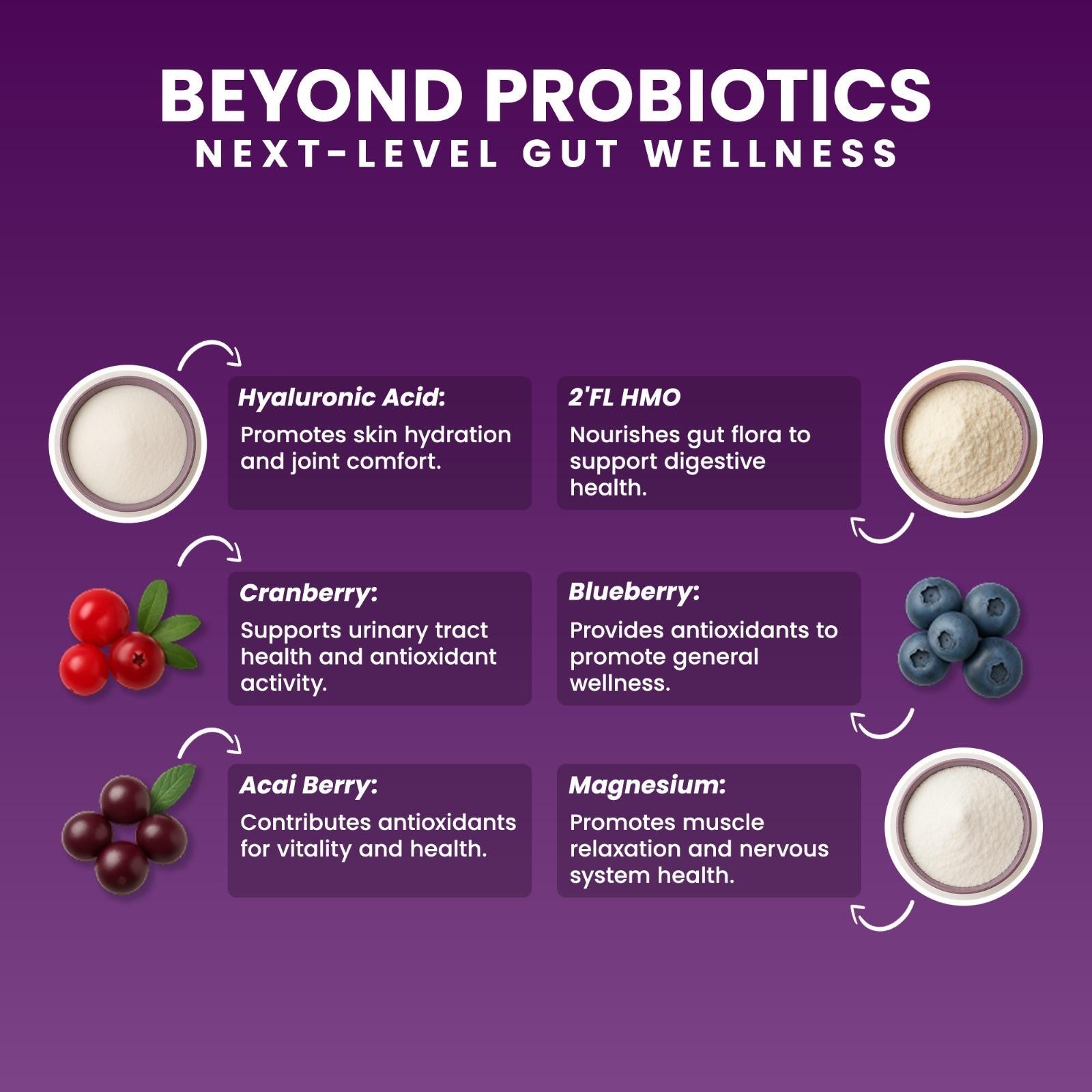
The Connection and Hopeful Solutions for Autism and Microbiota
Autism and Microbiota: Unveiling a Groundbreaking Connection and Hopeful Solutions
Autism Spectrum Disorder (ASD) is a complex neurodevelopmental condition characterized by challenges in communication, social interactions, and repetitive behaviors. It affects approximately 1 in 36 children in the United States alone (CDC, 2023). Despite significant research, autism remains poorly understood, especially regarding its underlying causes and potential interventions. Recently, compelling evidence has emerged linking gut microbiota—the diverse microbial communities residing in our digestive tracts—to symptoms of autism, offering groundbreaking insights and hopeful pathways for intervention. For families exploring natural autism support supplements or gut-brain axis probiotics for kids, the microbiome offers a promising direction.
The Gut-Brain Axis: A Dramatic New Understanding
The connection between gut bacteria and the brain, known as the gut-brain axis, has reshaped our understanding of numerous neurological and psychological conditions, including autism. Microorganisms residing in the gut play a crucial role in maintaining not only digestive health but also cognitive functions and emotional balance. Dysbiosis, an imbalance in these microbes, has been repeatedly observed in individuals with autism.
Mother’s Microbiota and Autism: An Early Influence
The mother's microbiota during pregnancy significantly impacts the child's microbiome, setting the stage for potential neurodevelopmental outcomes. Studies show maternal gut microbiota alterations can influence fetal brain development, potentially predisposing children to ASD. These findings underscore the importance of prenatal probiotics for autism prevention.
Critical Window: Pregnancy and Early Life
During pregnancy, the maternal gut microbiota shapes immune and neurodevelopmental pathways in the fetus. This is a critical period where any microbiota disturbances could significantly impact neurological outcomes. For this reason, more parents are considering early-life microbiome support for autism risk reduction.
Akkermansia: The Keystone Microbe for Autism Intervention?
One bacterium stands out significantly in microbiome research: Akkermansia muciniphila. This beneficial microbe has shown tremendous potential for improving gut health, enhancing intestinal barrier integrity, reducing inflammation, and supporting neurological health—factors critically relevant to autism. Reduced levels of Akkermansia have been observed in individuals with ASD, prompting interest in Akkermansia probiotics for autism.
Akkermansia Chewable Probiotics: A Revolutionary Intervention
Next-Microbiome's Akkermansia Chewable is a targeted probiotic designed to enhance Akkermansia levels in children and adults. These chewables include prebiotics and co-factors that promote beneficial bacteria growth, supporting both gut and neurological health. They are among the most accessible chewable probiotics for autism support.
Oral Microbiota: An Underestimated but Crucial Player
Emerging studies suggest the oral microbiome in autism is as important as the gut. Oral bacteria can influence systemic inflammation and even behavioral symptoms. Akkermansia Chewables address both oral and gut microbiota health, offering a dual-acting solution for children with ASD.
Educational and Probiotic Synergy: A Comprehensive Strategy
Behavioral and educational interventions are the standard of care in autism management. However, combining them with microbiome-based tools like autism-focused probiotics can improve focus, reduce anxiety, and enhance engagement. Gut-brain probiotics like Akkermansia Chewable offer a safe, adjunctive strategy for comprehensive care.
Clinical Evidence and Hopeful Outcomes
Clinical trials have shown that probiotics can improve gastrointestinal and behavioral symptoms in children with autism. For instance, studies highlight improvements in mood, communication, and stool regularity with consistent use of microbiome therapy for autism.
Future Directions: Personalized Microbiome Therapies
The future lies in personalized probiotic therapy for autism, using individual microbiome profiles to guide probiotic selection. Akkermansia muciniphila may play a foundational role in these custom formulations.
Conclusion: A New Era of Hope
Understanding autism through the lens of microbiota is a game-changer. By integrating microbiome-based interventions for autism, such as Akkermansia Chewable, we can better support cognitive health, reduce inflammation, and improve quality of life.
Next-Microbiome's Akkermansia Chewable stands at the forefront of this approach—providing safe, easy-to-administer, and science-backed support for children and families. Whether you're seeking to improve gut function, reduce behavioral challenges, or enhance emotional balance, this next-generation probiotic offers new hope.
Importantly, emerging research continues to support the notion that rebalancing the gut-brain axis through targeted probiotics can enhance not only digestive function but also language development, social interaction, and emotional regulation. These effects are especially meaningful for parents seeking holistic, non-invasive approaches to autism support.
By including Akkermansia Chewable as part of a broader autism care plan, families can benefit from a safe, child-friendly, and evidence-based tool that works in harmony with therapies, diets, and routines. This probiotic empowers families with an additional layer of support rooted in breakthrough microbiome science.
👉 Explore Akkermansia Chewable at Akkermansia.life











